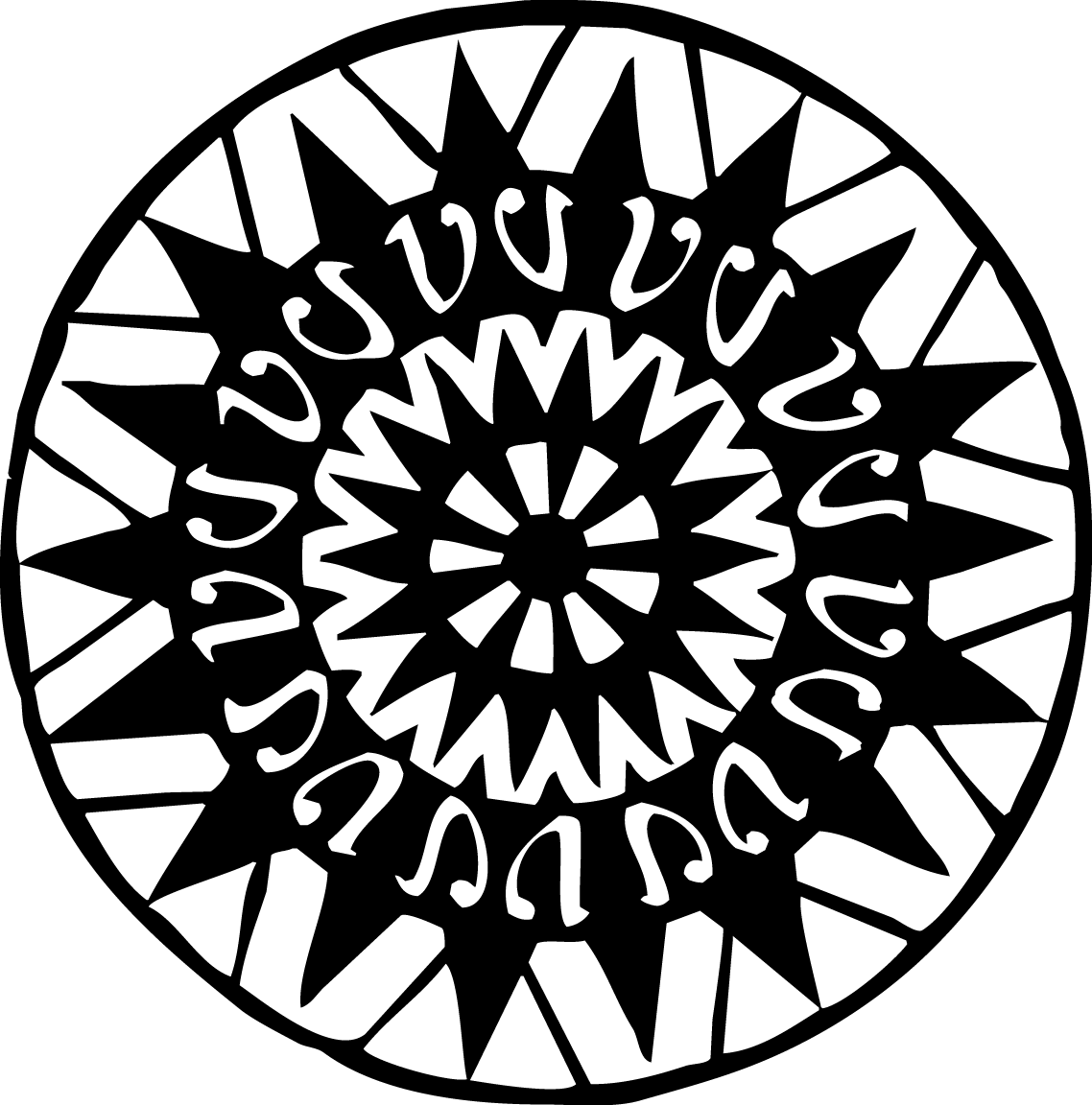Stacie Saunders told me about Tim LaFollette, a musician she knew who developed ALS. He documented his story with his wife Kaylan and got a lot of support from the Often Awesome Army (a group of friends who helped manage his day-to-day life). On camera Tim quipped that his ALS was becoming "a bit too much to handle, even for little ole inspirational me." I heard this and it really stuck with me.
I've thrown around the word inspirational plenty of times when talking about my friend Patrick who is also living with ALS. We often say those who are living at life's fringe are inspirational. It's the vocabulary we use when we don't know how someone is facing a difficult situation. I've been thinking about what Tim said in his video a lot and wondered... Instead of just being inspired...
- Wouldn't it be better if we were inspired to create solutions?
- Or if we were inspired to step in and help out with something tangible?
- Or were inspired to give money to a fundraising cause?
I'm not a scientist or a hard core technologist but I am a solution-seeker. Circumstances in my life have inspired me to look for solutions to help with many daily challenges. I've solved problems on a micro-level; I want to do more.
I believe that every stage of life, planned or unplanned, has its unique set of challenges. I believe we spend most of our time develop solutions for the average, the common or the “target audience.” I believe we should be considering audiences at the fringes of life, with real problems that are typically ignored.
How can technology help us prepare for death? How can it help the disabled live their life? How can technology help us retain our identities when we can’t express them anymore?
Patrick lives at the ALS Residence Initiative house in Massachusetts. The home operates with the belief that
"until medicine proves otherwise technology IS the cure."
When dealing with Alzheimer's I've discovered the opposite.
Technological advancements aren't so much about helping the lives of those with Alzheimer's as much as it is helping those who are providing caregiving support. When it is for the patient, the technology has to be snuck in. At my talk at SXSW last year we spoke about shoes with GPS to help keep track of Alzheimer's patients who are likely to wonder.
We also heard about a family member who lived in another city from the person he loved with Alzheimer's. His mother still lived alone and he worried about how she got around the house. He put sensors on lights at the house so he could keep track of his mother as she moves through the house -- and keep track if her patterns began to change. For my family collaboration tools and developing a network with support "jobs" was most important.
Those with ALS have clearly benefitted from the use of technology. People who provide caregiving are constantly leveraging technology that is out there to solve a problem or find new ways to help. I'm looking for these stories. I'd love to hear from you.
And let's try to refrain from using the word inspirational unless we're inspired to pitch in and help with something tangible. If you're looking for ways to get involved, I've got lots of ideas.

